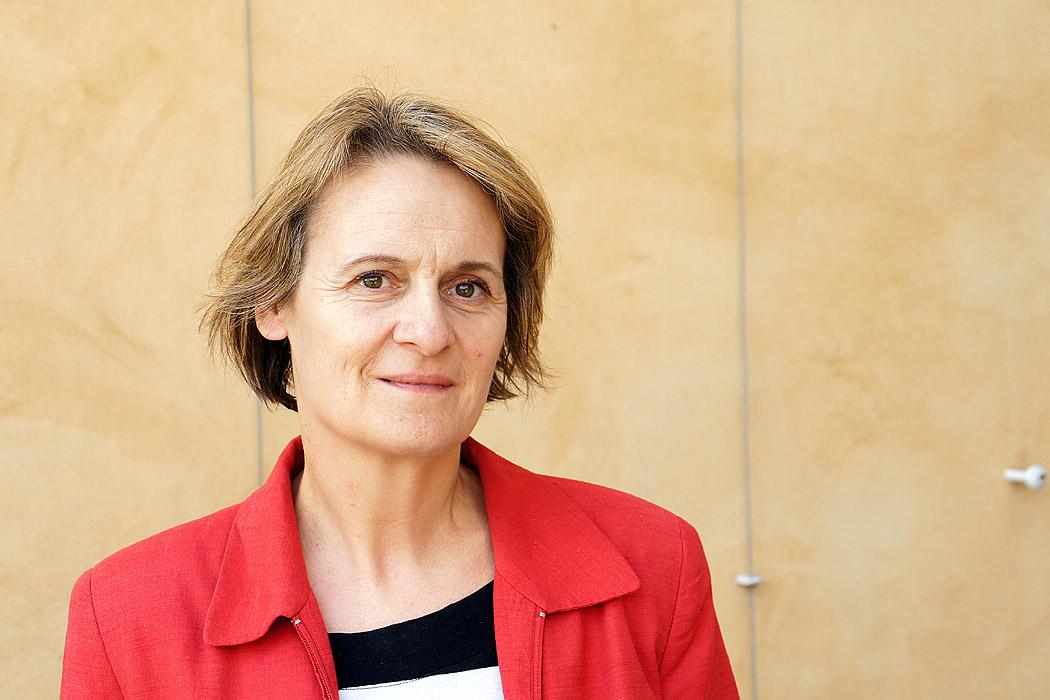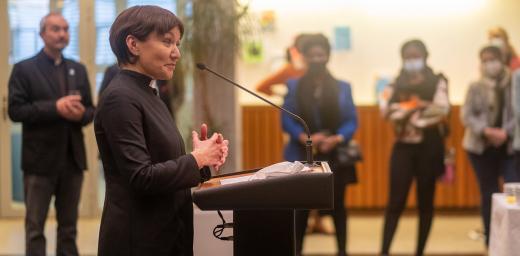Sharing the Gift of the Communion

Prof. Dr. Elisabeth Parmentier
By Prof. Dr. Elisabeth Parmentier
The contexts of the different members of the working group are so different that I expected endless discussions without a possibility of convergence. But actually we did not compete in the arguments for or against socio-ethical decisions like the blessing of same-sex couples. From the beginning we put the focus on the gift of the communion that we already share.
Our aim is to strengthen the bonds existing on the local, regional and even global level. No other world communion has reflected as much as the LWF about the affirmation of a “reconciled” diversity: a communion which is grounded in a shared affirmation of faith, shared sacraments and worship, shared service and witness. This unity gives space for difference… but how far?
My concern is that this space for difference remains: communion is not uniformity! But if a decision comes to hurt another church, we have to be sensitive to the arguments of each church, not only of the big ones.
If today churches criticize and remind others of their commitment, it is because they trust the already developed bonds of communion. Churches in the South feel empowered to put into question decisions of western churches: this shows that there is a mutual concern. Being in communion with another church, on the basis of faith, means that each church is confident in the capacity of the others to remain faithful to the Word of God.
But it is not enough to put forward trust as a moral category. The faithfulness must be visible through clear criteria. It is our task to reflect on criteria of the acceptable differences: when do differences in some choices of churches hurt the communion with the others? How can we better take criticism into consideration?
The decisive criterion for Lutherans is the core of the justifying faith: the crucified and risen Lord Jesus Christ, his engagement, his life and preaching. But in the interpretation by the churches, discord appears when biblical interpretation is put into relation with today’s world.
The gap in biblical interpretation does not go between the confessions, not even between the geographical contexts, but inside the churches. So such a process of clarification will be helpful not only for the communion but for each member church.
Dr. Elisabeth Parmentier is professor at the University of Strasbourg.





